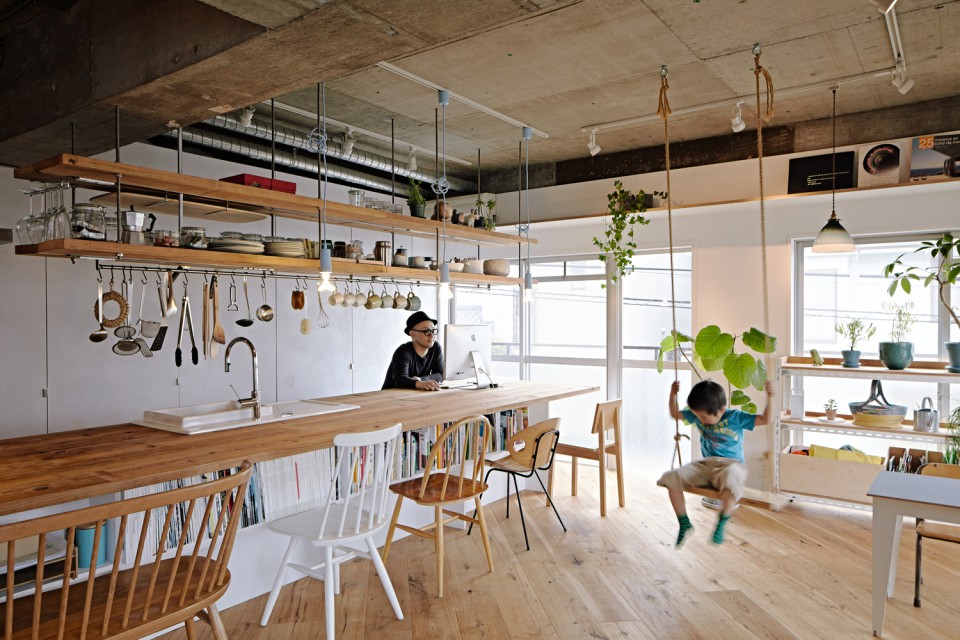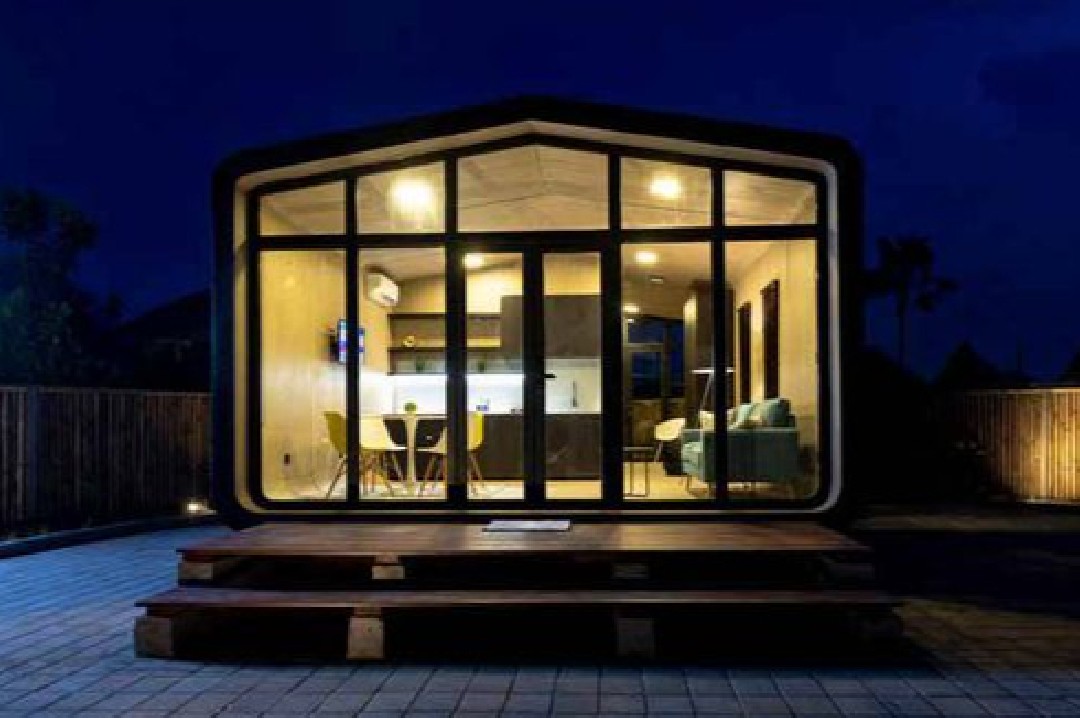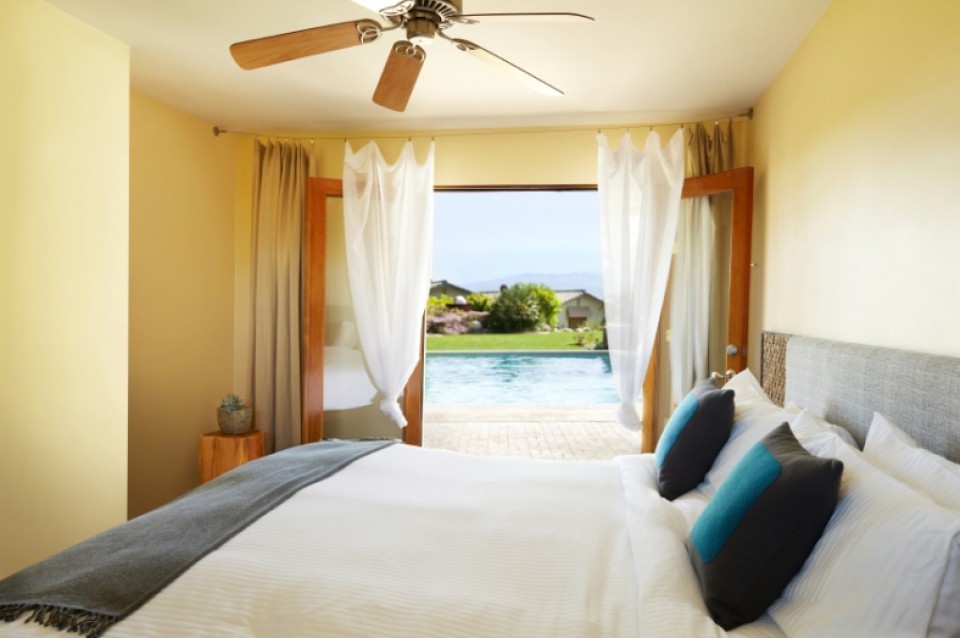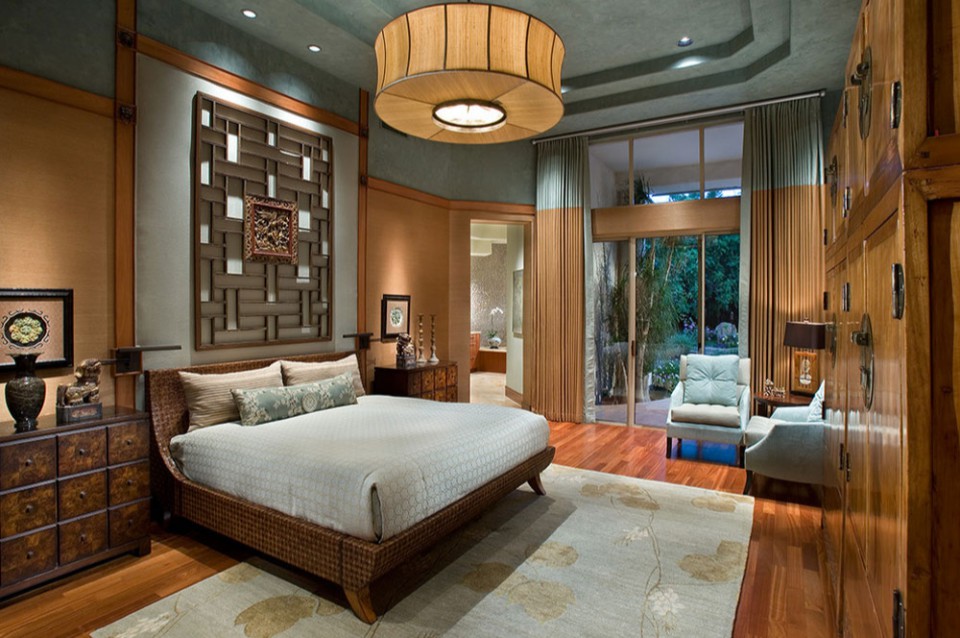How to Decorate Your Home Interior with Bohemian Style
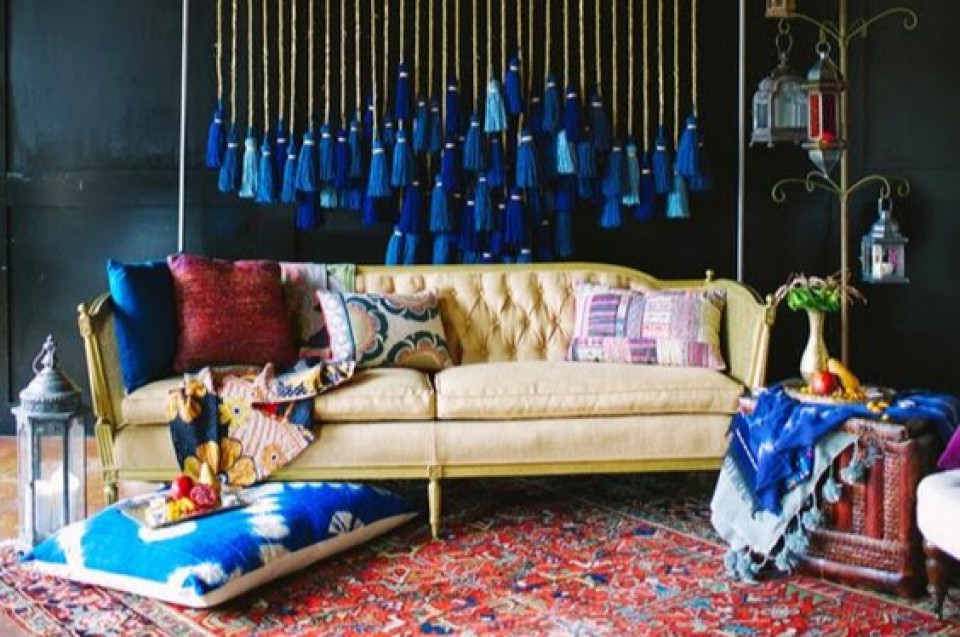
Bohemian is one of the free-spirited, eclectic, yet not haphazard design styles. This term has existed since the medieval times of the 1800s. It emerged to describe the lifestyle of non-traditional, wanderlust individuals. Later, the name became more synonymous with the term "gypsy." Decorating in a bohemian style is uncertain and irregular. This style is colorful and a blend of ethnic, hippie, and vintage elements.
A casual and informal impression is strongly felt in this style. If described, this style is a combination of various elements such as colors and materials mixed without feeling any sense of error. That's how bohemian expresses its style. Although having similar features, two rooms with a bohemian style will never look exactly the same.
Here are the characteristics of the bohemian design style that can guide you in decorating in a bohemian manner.
1. Textile Materials
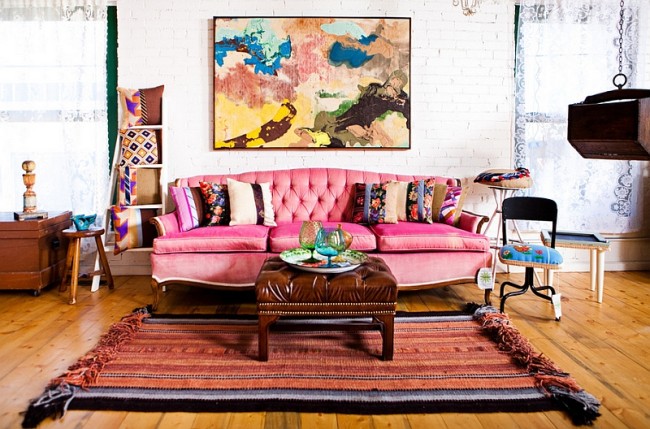
Textile materials or fabrics are the most important elements to highlight the bohemian design style. Various patterns, colors, and textures on combined textile fabrics do not need to appear harmonious. It only requires a contrasting look, and diverse patterns can evoke the bohemian impression. The more patterns visible on a fabric, the stronger this style is reinforced. Certainly, the fabric used can be applied to pillows, carpets, sofas, curtains, and various other fabric uses in the room.
2. Lighting
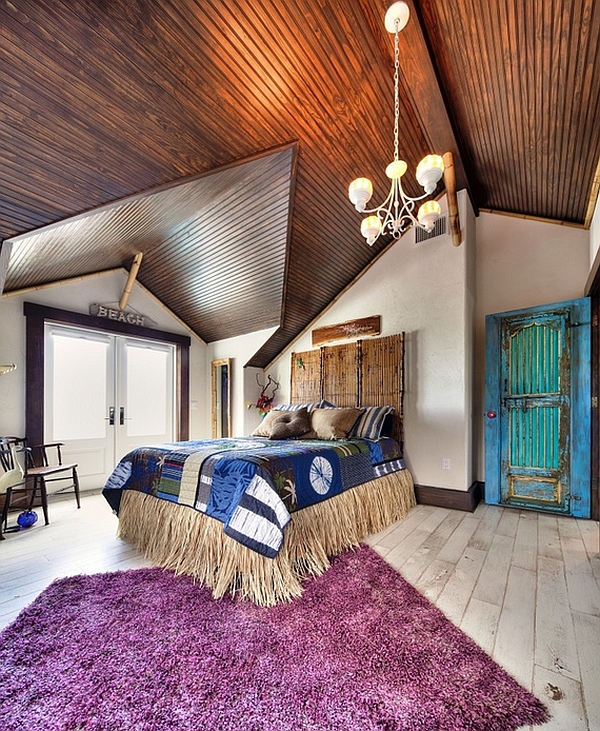
The lighting of a room with a bohemian style will greatly influence the ambiance. Both natural lighting and artificial lighting from lamps create a different atmosphere for the room. Complete the room with large windows so that natural light can enter. Colored glass can also enhance the beauty of the room during the day or at night. Ethnic-style pendant lights or lanterns can also be used to reinforce the bohemian style.
3. Furniture
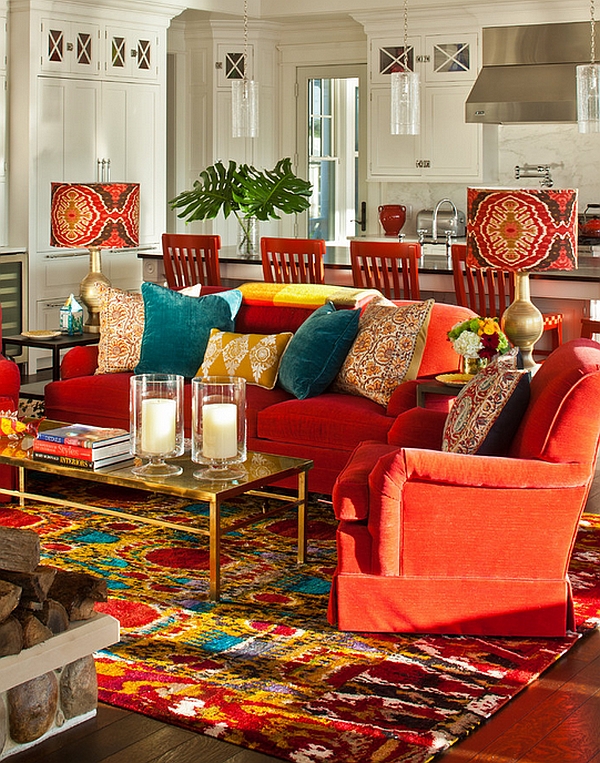
Furniture used to showcase the bohemian impression usually appears antique and old. Furniture from various periods and places is collected in one place. Vintage style is the most commonly used furniture in decorating the bohemian style, but it is certainly complemented with fabrics that have unique accents or motifs. Choosing comfortable furniture is a key aspect of this bohemian design style.
4. Accessories

Cushions are the most commonly displayed accessories in the bohemian style. It's very easy to arrange these cushions in various rooms to create a bohemian impression. Bright motifs and various colors add value to this room design.
5. Artworks

Various artworks placed in the room will add to the bohemian impression of the house. The placement of artworks can be in the form of portrait paintings, landscapes, or abstract works. When various artworks are combined in one house, it will certainly provide a unique touch to the space.
6. Colors

http://www.dorisleslieblau.com
There are no color rules in this bohemian-style design. In a room with a bohemian style, there may be more than three or even ten combinations of colors. This is where the difference lies between bohemian-style design and others. The colors and patterns in this style are usually influenced by the culture or environment of a place, which naturally attracts the homeowner's interest. The contrast of colors is indeed a uniqueness of bohemian design.
7. Indoor Plants

One unique characteristic of the bohemian style is the presence of a natural feel indoors. The natural impression is brought by having plants inside the house. It doesn't have to be large plants; just placing them in pots and of a small size can create a bohemian impression. One of the favorite plants often used as interior decor in a bohemian style is leafy plants without flowers, like the plant shown in the picture, a climbing plant that enhances the room's uniqueness.
Designing in a bohemian style will undoubtedly make the house feel more unique. The characteristics of freedom and closeness to nature are unified in this design. This design is very suitable for those who do not like to be organized and appreciate freedom.
Source: bohemian style


